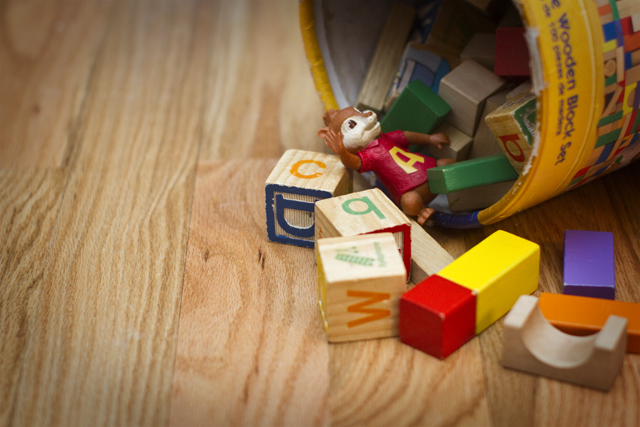
1. Toddlers to Tweens: Relearning How To Play. According to this article, the combination of factory-made toys, organized activities, and helicopter parents is changing how children "play"; in fact many children no longer even know how "play" in a traditional sense. "For a host of reasons, today's children do not engage in all sorts of developmentally important play that prior generations automatically did . . . . In the 1950s and '60s . . . children played outdoors no matter where they lived, and without parental supervision. They played sports but adjusted the rules to fit the space and material – a goal in soccer, for instance, might be kicking a tennis ball to the right of the trash can. They had few toys, and older children tended to act as 'play mentors' to younger children, instructing them in the ways of make-believe games."
Is it a problem that times have changed? According to the article, yes. "In recent years, child development experts, parents, and scientists have been sounding an increasingly urgent alarm about the decreasing amount of time that children – and adults, for that matter – spend playing. A combination of social forces, from a No Child Left Behind focus on test scores to the push for children to get ahead with programmed extracurricular activities, leaves less time for the roughhousing, fantasizing, and pretend worlds advocates say are crucial for development."
2. For a funny (but still enlightening) take on the whole issue, Parenting: Illustrated With Crappy Pictures has a post about the differences between the author's own childhood and the childhood of her children (such as candy cigarettes, see-saws, and "freedom"). Click here to check it out.
3. And finally this Free Range Parenting post notes that as recently as 1979 society considered it acceptable for a 6 year old child to travel four-to-eight blocks alone. Interesting.
For more info on this issue the blog, FreeRangeKids, has tons of interesting tidbits on how radically the experience of childhood is changing in our society. Check it out if you have a chance.
Also, click here for a past post with three more articles on play and how children learn.
No comments:
Post a Comment